Mosaicism
Recent articles
Cortical interneurons derive differently in human brains
Excitatory neurons and some inhibitory neurons in the adult human cortex share parents, challenging the longstanding idea that the two cell types have different origins.
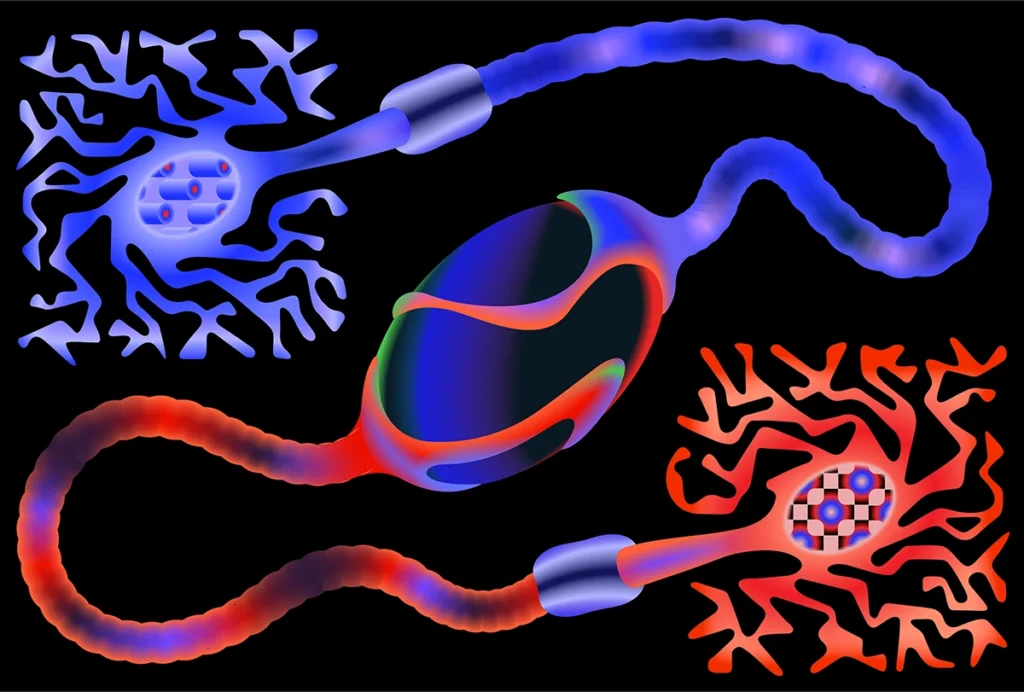
Cortical interneurons derive differently in human brains
Excitatory neurons and some inhibitory neurons in the adult human cortex share parents, challenging the longstanding idea that the two cell types have different origins.
Turner syndrome tied to autism
Most people with the X-linked syndrome have autism traits, and about one-quarter meet diagnostic criteria for the condition.

Turner syndrome tied to autism
Most people with the X-linked syndrome have autism traits, and about one-quarter meet diagnostic criteria for the condition.
Mutations linked to autism may be detectable in men’s sperm
An advanced DNA-sequencing technique has identified gene-damaging mutations, some with ties to autism, in about 1 in 15 men.

Mutations linked to autism may be detectable in men’s sperm
An advanced DNA-sequencing technique has identified gene-damaging mutations, some with ties to autism, in about 1 in 15 men.
Patchwork mutations present a new frontier for autism research
Mosaic mutations, which affect only some of the body’s cells, play a small but meaningful role in autism. Though they are difficult to study, researchers are working to master their complexity.
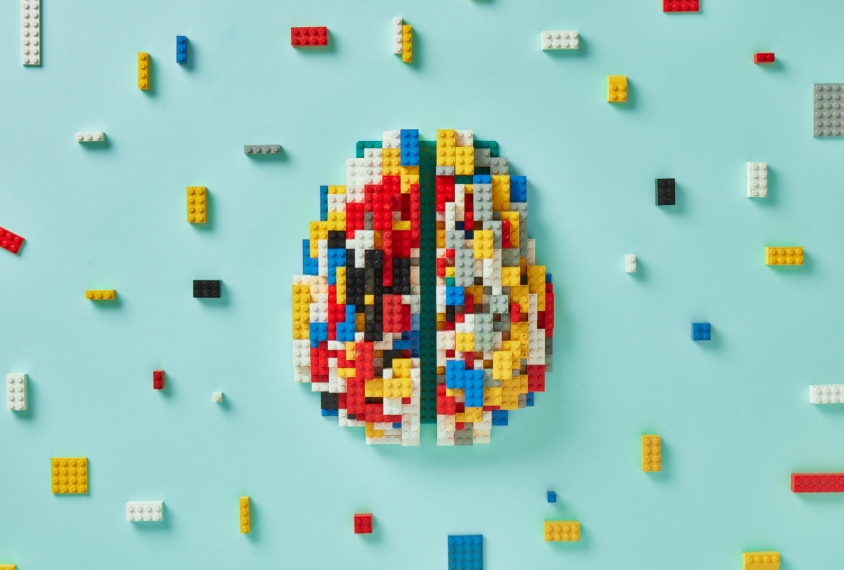
Patchwork mutations present a new frontier for autism research
Mosaic mutations, which affect only some of the body’s cells, play a small but meaningful role in autism. Though they are difficult to study, researchers are working to master their complexity.
Alternative gene-therapy approaches take aim at Rett syndrome
Methods that selectively increase levels of the Rett protein make for safer and more effective treatment strategies, some researchers say.
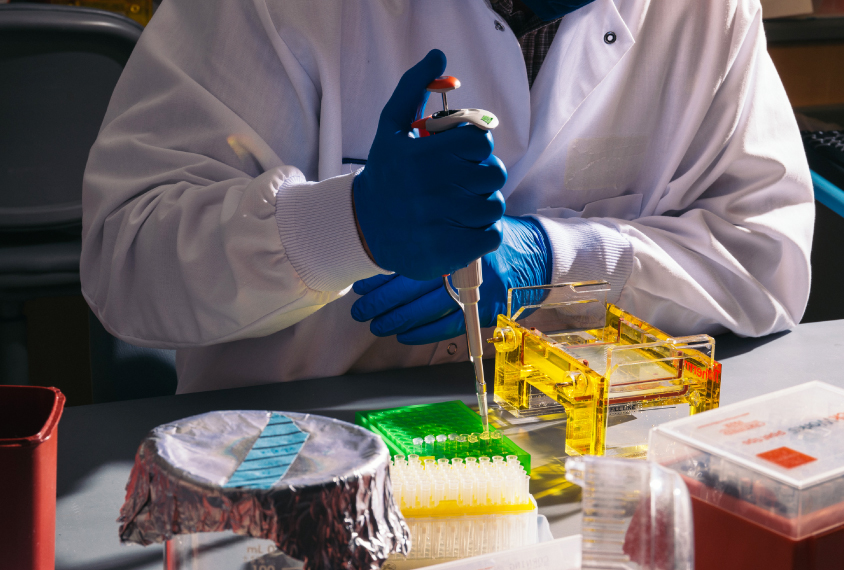
Alternative gene-therapy approaches take aim at Rett syndrome
Methods that selectively increase levels of the Rett protein make for safer and more effective treatment strategies, some researchers say.
Molecular switch marks mosaic mutations in mice
A new tool enables researchers to create mosaic mutations in only some cells and then accurately identify which cells are affected.
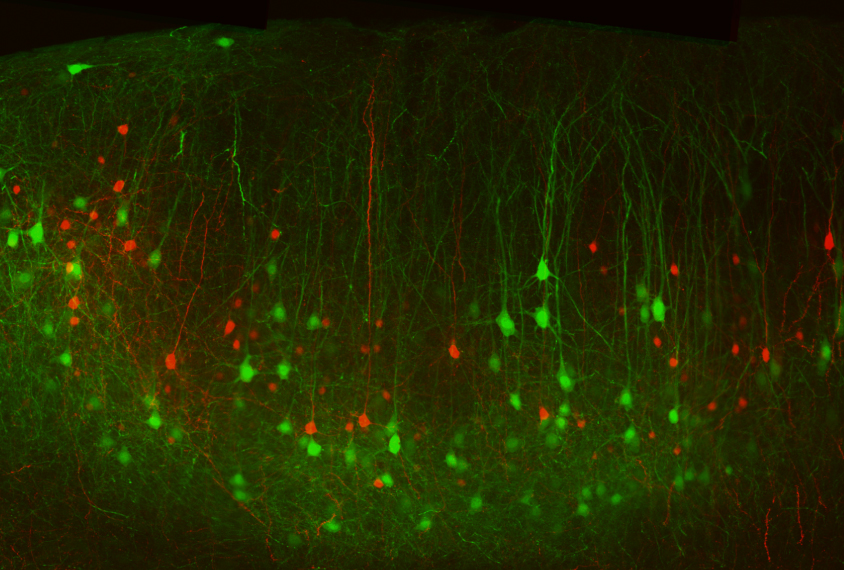
Molecular switch marks mosaic mutations in mice
A new tool enables researchers to create mosaic mutations in only some cells and then accurately identify which cells are affected.
Two studies highlight role of ‘mosaic’ mutations in autism
Mutations seen in only some of the body's cells often affect gene activity in the brains of people with autism, and can involve large segments of DNA, according to two new studies.
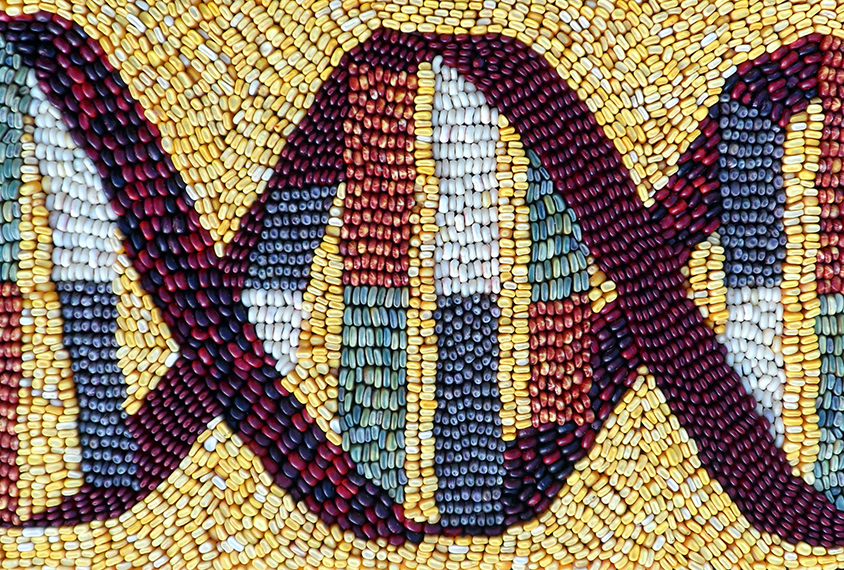
Two studies highlight role of ‘mosaic’ mutations in autism
Mutations seen in only some of the body's cells often affect gene activity in the brains of people with autism, and can involve large segments of DNA, according to two new studies.
Autism, intellectual disability linked to levels of fragile X protein
People with particularly low levels of FMRP, the protein lacking in those with fragile X syndrome, are more likely to also have autism and severe intellectual disability.
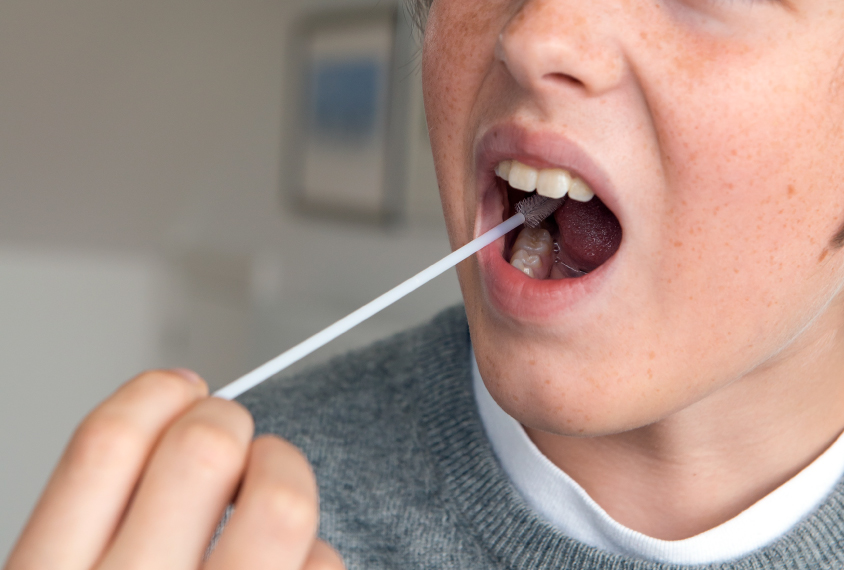
Autism, intellectual disability linked to levels of fragile X protein
People with particularly low levels of FMRP, the protein lacking in those with fragile X syndrome, are more likely to also have autism and severe intellectual disability.
Machine learning flags ‘mosaic’ mutations that may contribute to autism
A new technique detects rare mutations that occur in only a subset of the body's cells.
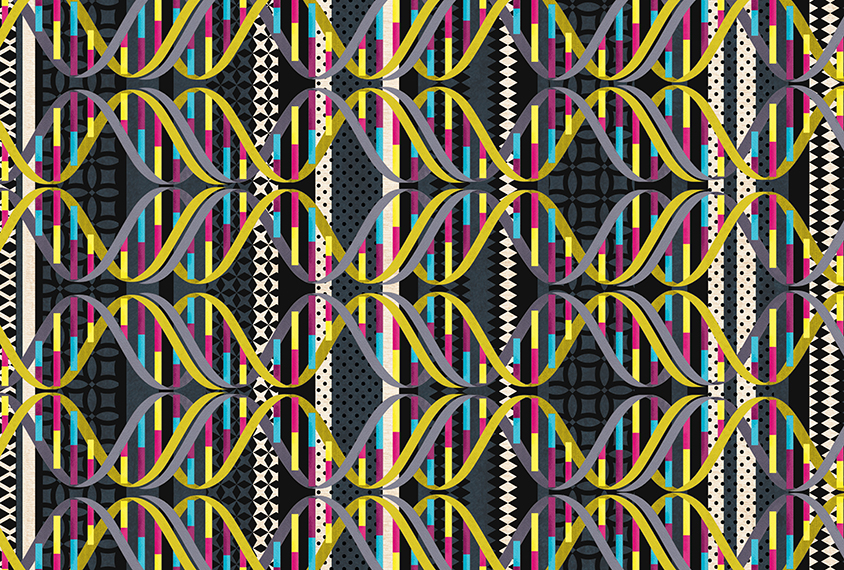
Machine learning flags ‘mosaic’ mutations that may contribute to autism
A new technique detects rare mutations that occur in only a subset of the body's cells.
Explore more from The Transmitter
Oregon primate research center to negotiate with NIH on possible transition to sanctuary
The board of directors at Oregon Health & Science University, which runs the primate center, voted unanimously in favor of the move.

Oregon primate research center to negotiate with NIH on possible transition to sanctuary
The board of directors at Oregon Health & Science University, which runs the primate center, voted unanimously in favor of the move.
From genes to dynamics: Examining brain cell types in action may reveal the logic of brain function
Defining brain cell types is no longer a matter of classification alone, but of embedding their genetic identities within the dynamical organization of population activity.

From genes to dynamics: Examining brain cell types in action may reveal the logic of brain function
Defining brain cell types is no longer a matter of classification alone, but of embedding their genetic identities within the dynamical organization of population activity.
Cerebellum responds to language like cortical areas
One of four language-responsive cerebellar regions may encode meaningful information, much like the cortical language network in the left hemisphere, according to a new study.
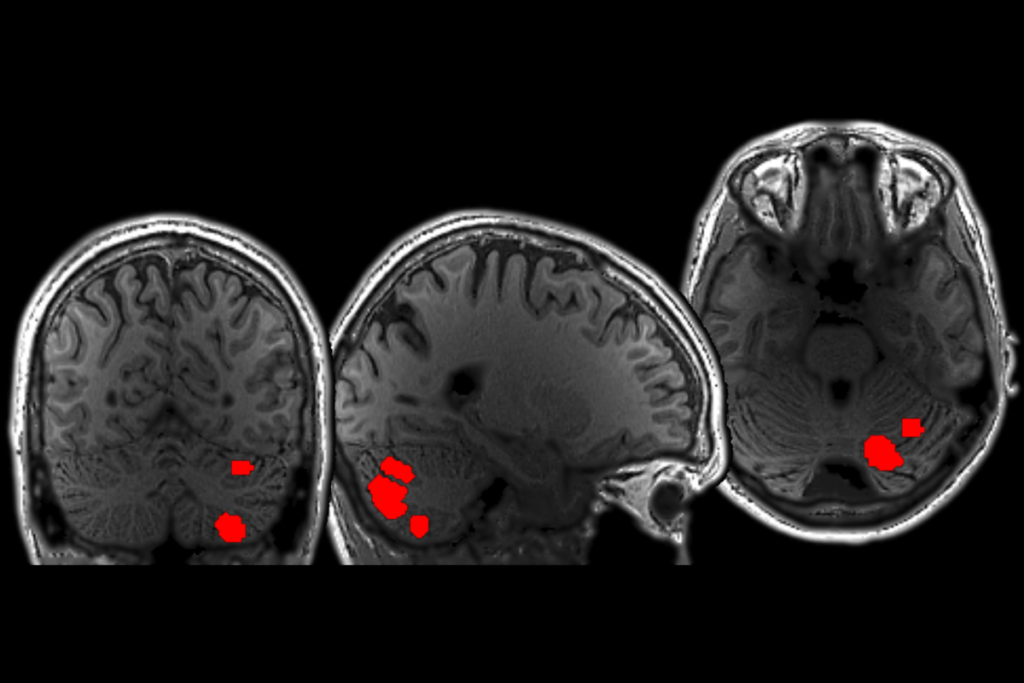
Cerebellum responds to language like cortical areas
One of four language-responsive cerebellar regions may encode meaningful information, much like the cortical language network in the left hemisphere, according to a new study.